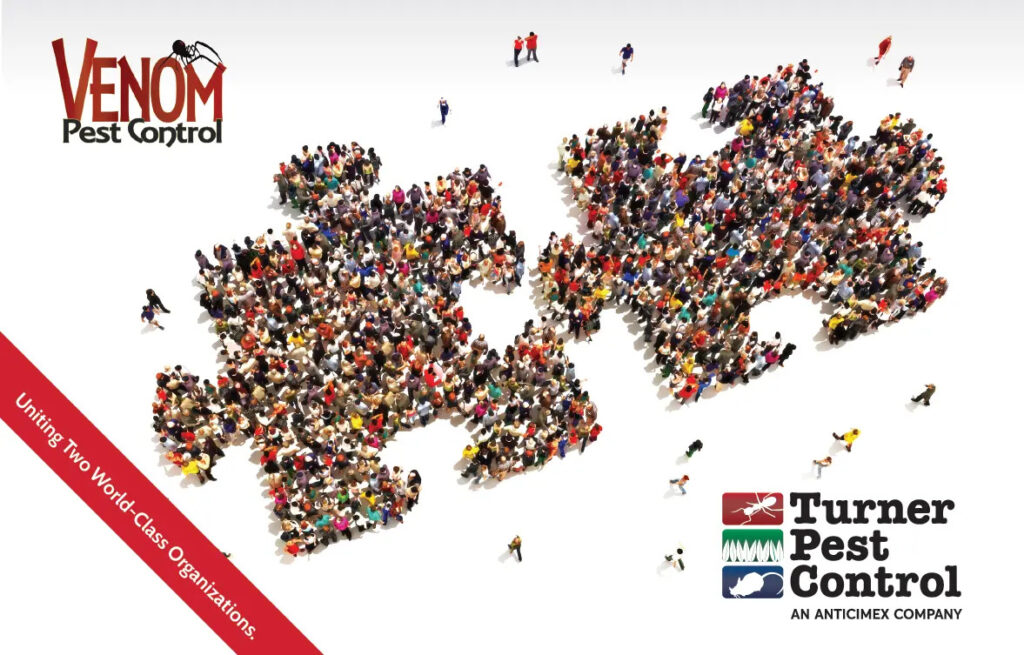 The National Pest Management Association promotes Termite Awareness Week each spring, a time when it’s especially important for homeowners to brush up on their knowledge of these pests, including how to recognize them, how to prevent infestations, and what to do if a termite problem starts. Below is what you need to know about termite control, plus information on special, limited-time savings!
The National Pest Management Association promotes Termite Awareness Week each spring, a time when it’s especially important for homeowners to brush up on their knowledge of these pests, including how to recognize them, how to prevent infestations, and what to do if a termite problem starts. Below is what you need to know about termite control, plus information on special, limited-time savings!
Are you attracting termites to your home?
When you know what termites are looking for, it’s easier to keep them away. Here are three things you may be doing that make your home appealing to termites:
- Mulching too close to your house: If you have wood mulch against or too near your home’s foundation, you’re providing the cellulose that termites love to eat. The moisture in wood mulches attracts termites, too, so either use a non-cellulose material (such as stones or pebbles) instead, or forego the use of mulching materials against your home altogether.
- Clogged gutters: If leaves and other debris cause your gutters to clog, standing water in them make your insulation vulnerable to termite infestation. Keep those gutters clear!
- Storing firewood against your house: Stacking firewood against the side of your house or porch is an irresistible invitation to termites. Firewood should be stored a minimum of 20 feet away from the house and at least five inches above the ground. Also get rid of any dead trees or tree stumps in your yard that can serve as termite fuel.
Termite facts.
- Termites eat around the clock, and will consume wood, flooring, and even wallpaper.
- An established colony of subterranean termites can consume the equivalent of one cup of sawdust in as little as two hours.
- Signs of termite damage include bubbling paint, blistering of wood structures, discarded wings near your home’s doors or on windowsills, mud tubes outside your home, and soft wood inside your home that sounds hollow when you tap it.
- Termites can’t be controlled with do-it-yourself measures. Only a licensed pest professional has the specialized products, equipment, and knowledge that’s needed to exterminate a termite infestation.
Click to enlarge this infographic with more termite facts:
Termite or Flying Ant? Know the difference.
There are more than 2,000 species of termites around the world. The most common types found in the U.S. are subterranean, which live in underground colonies; dampwood, found in southern Florida; drywood, which infest areas such as attic framings; and Formosan, an aggressive destructive species that live in massive underground colonies.
Swarming termites are young, winged queen and king termites that appear in early spring. If you see them, you may also be seeing the first signs of a termite problem. Since they can be mistaken for flying ants, it’s important to know the difference:
- Both species have four wings, but both pairs of termite’s wings are the same size; flying ants have much larger wings in the front near their heads than in the back.
- Termite wings are long (twice as long as their bodies), while ants’ wings are shorter.
- Ants’ antennae are bent; termites’ are basically straight.
Watch this brief video for more:
Get special savings now!
Because we’re entering that time of year when termites become more active, Turner Pest Control is offering you your choice of two special, limited-time deals:
- Save $100 on our expert termite treatment
- Save $50 on Termidor HP, our high-tech, premium termite solution
We also offer free, no-obligation estimates on termite treatments and all of our pest control services. Schedule yours today and save!


